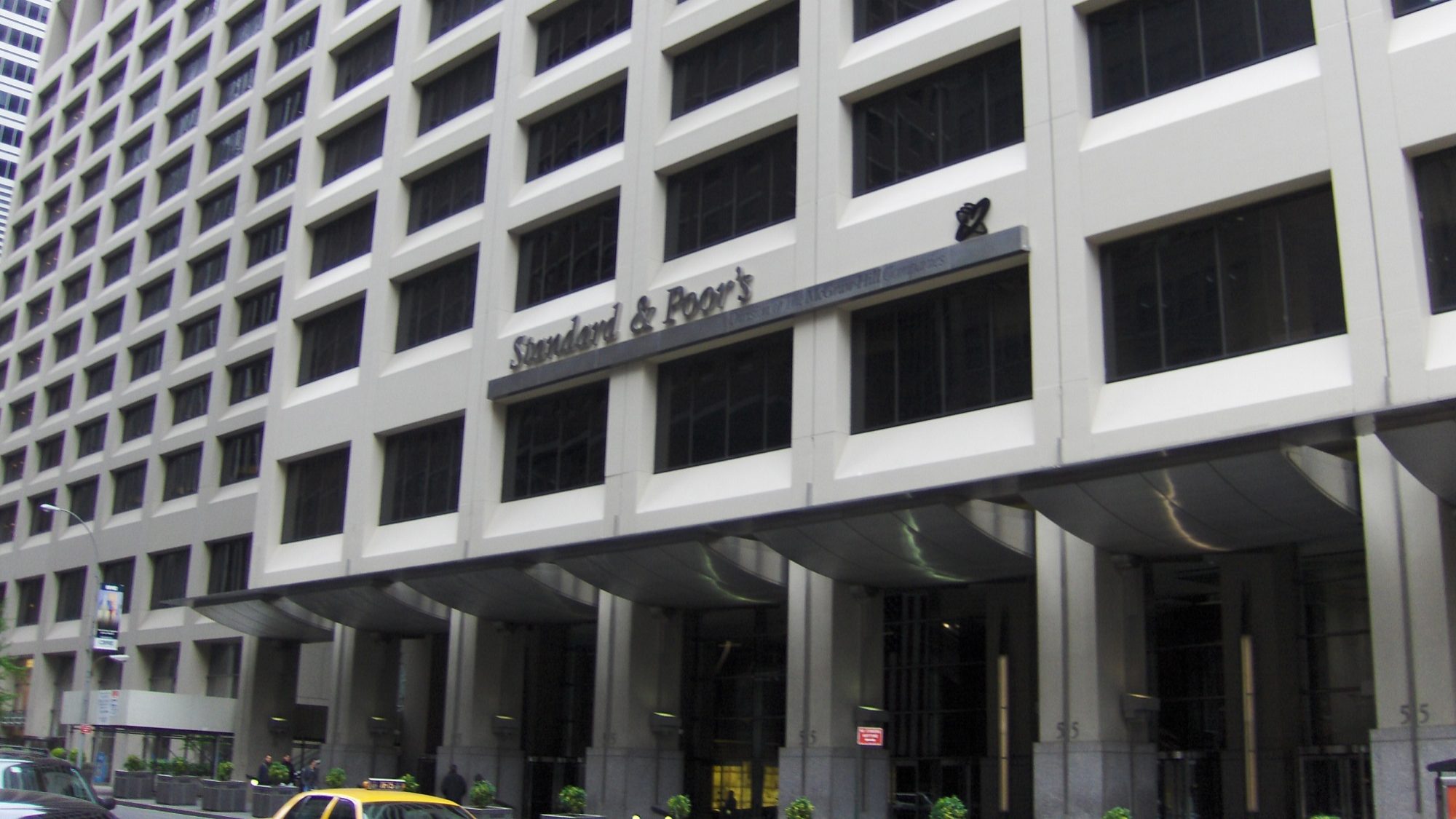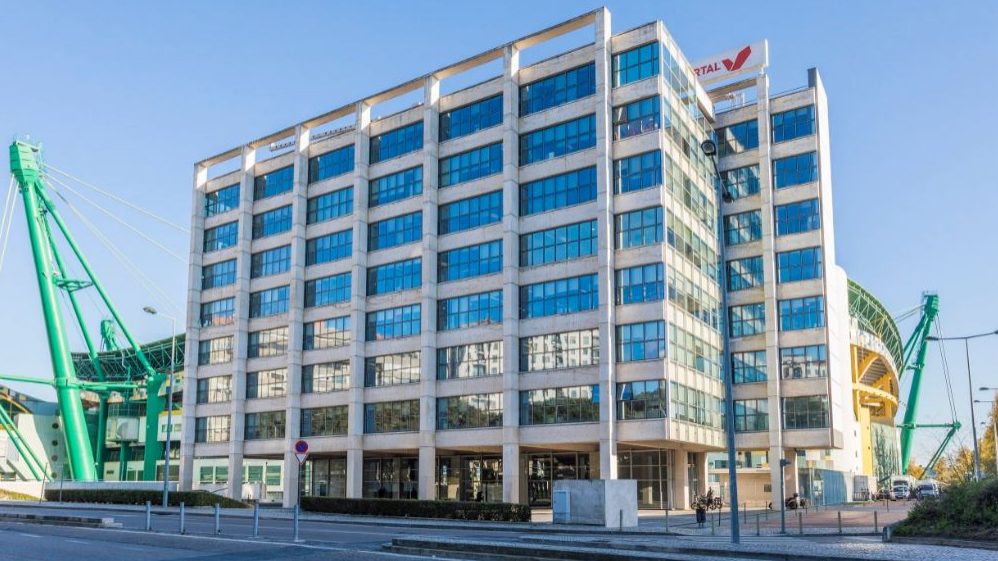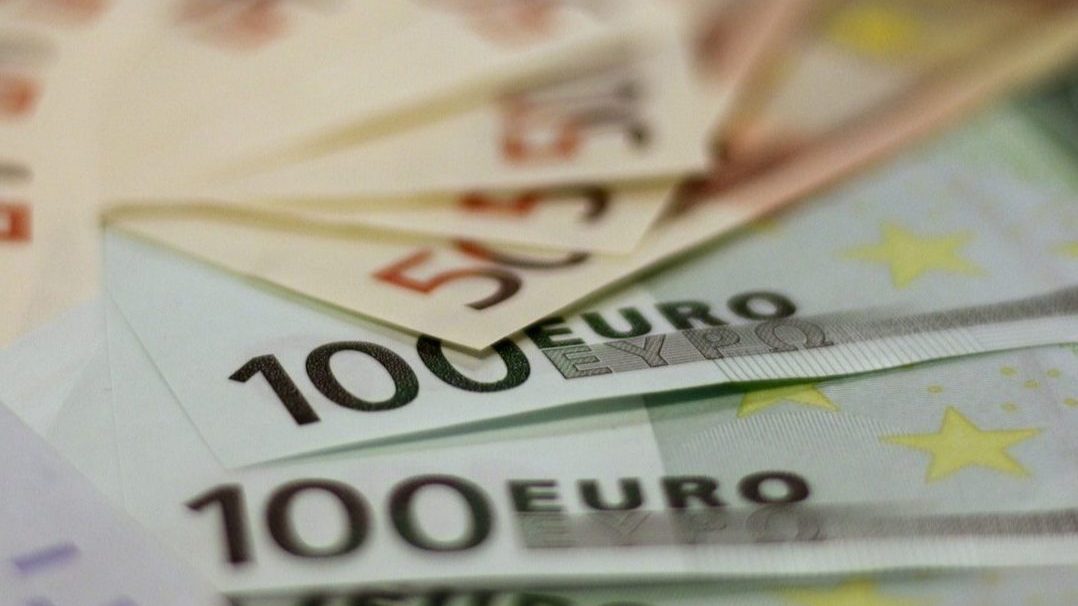Chinese company HNA sells its 9% stake at TAP to Brazilian company Azul
Chinese conglomerate HNA announced the sale of its 9% stake in TAP through Atlantic Gateway for $55 million (€48.6M). It was sold to Global Aviation Ventures and Brazilian company Azul S.A.
HNA, a Chinese conglomerate, announced in a statement to the Shanghai stock exchange that it would proceed with the sale of the 9% stake it held in the Portuguese airline TAP through Atlantic Gateway for 55 million dollars (€48.6 million).
More than half of this indirect stake held at TAP was sold to Global Aviation Ventures LLC, a US $ 30 million worth venture capital fund which specializes in the aviation industry. The remainder passed into the hands of the Brazilian air carrier Azul S.A. in exchange for 25 million dollars, according to a statement sent to the Chinese stock exchange.
The HNA group explains that the deal involved the sale of one of the company’s subsidiaries, Hainan Airlines Civil Aviation, whose only assets are a 20% stake in Atlantic Gateway, a consortium that holds 45% of TAP. The Portuguese State owns 50% of TAP, with the remaining 5% of capital held by its workers.
Azul was created by a Brazilian entrepreneur, David Neeleman, who owns 40% of Atlantic Gateway. The HNA group also became Azul’s shareholder but sold that stake in August last year to US institutional investors.
HNA, less than a month ago, increased its stake in the Atlantic Gateway from 12% to 20%, at a time when it was already experiencing some liquidity issues. The Chinese group has been alienating investments and canceling business, inclusively in the aviation industry, which is the core business of the company.
One of HNA’s subsidiaries, Capital Airlines, inaugurated the first direct flight between China and Portugal in July 2017. However, shortly after celebrating the first anniversary of the flight, the company announced its suspension.
HNA, which owns major holdings in firms such as Hilton Hotels, Swissport or Deutsche Bank, is already under the supervision of a group of creditors, led by the Chinese Development Bank.




